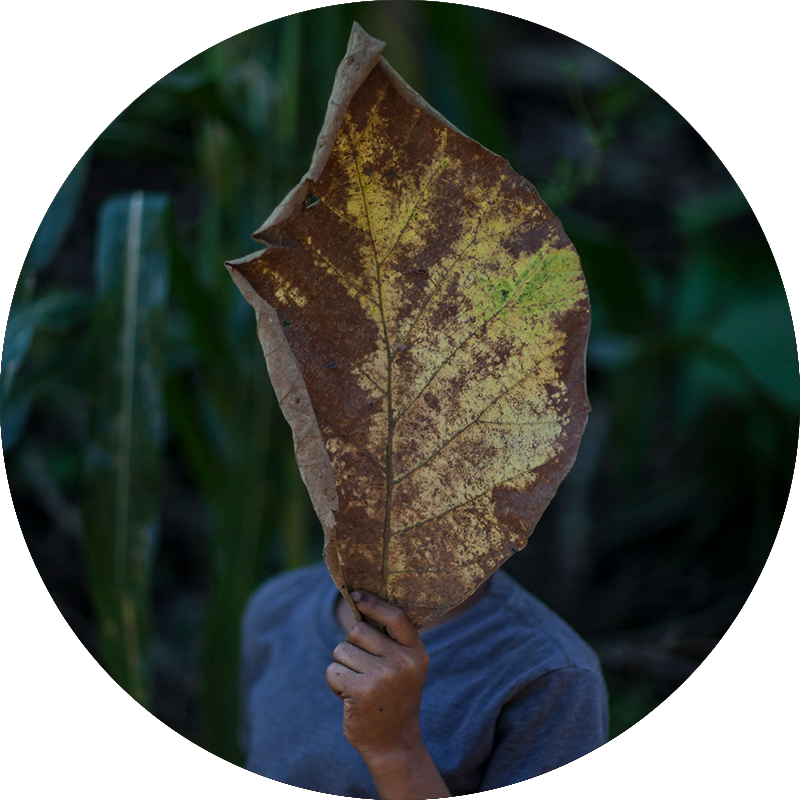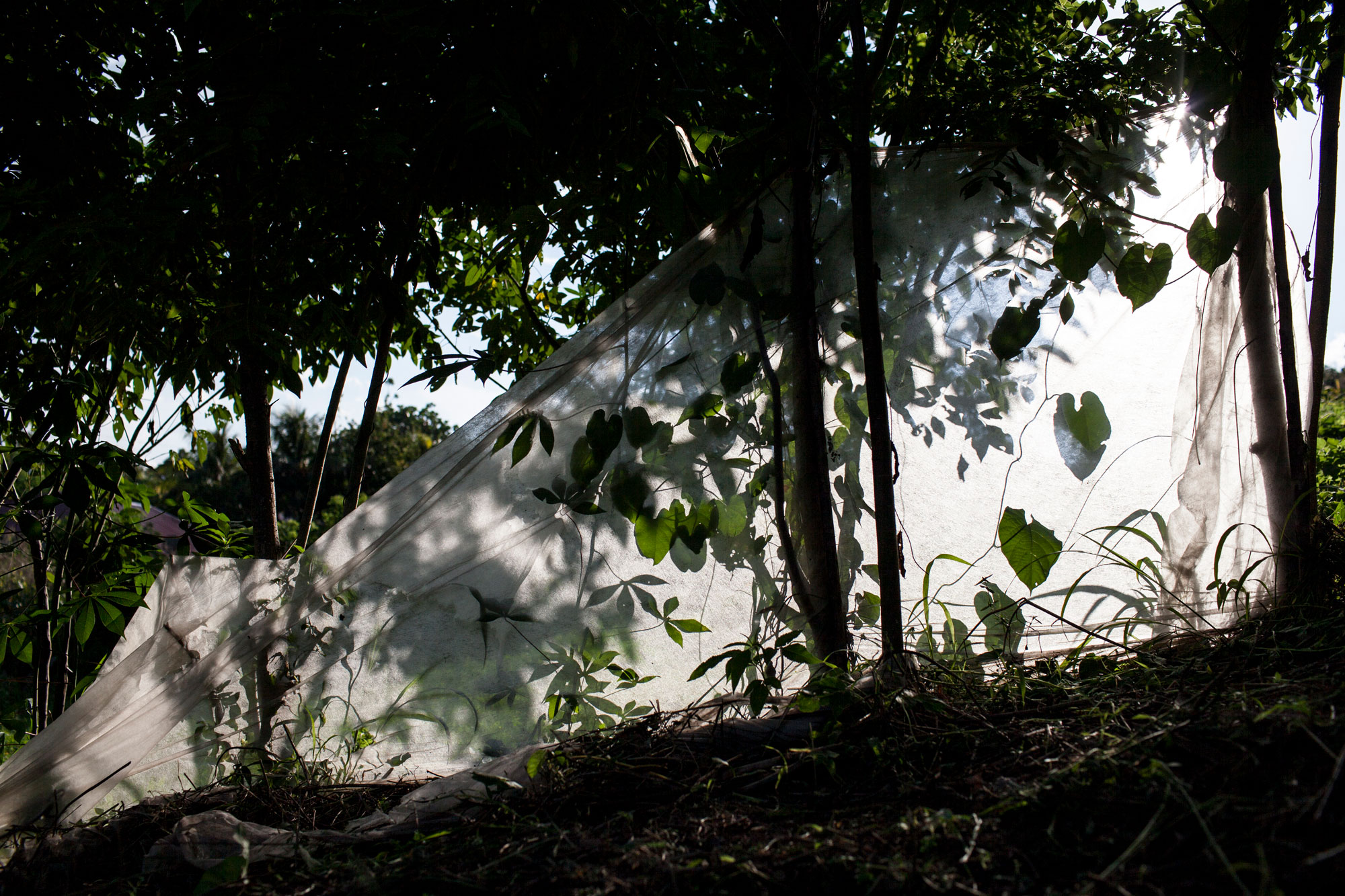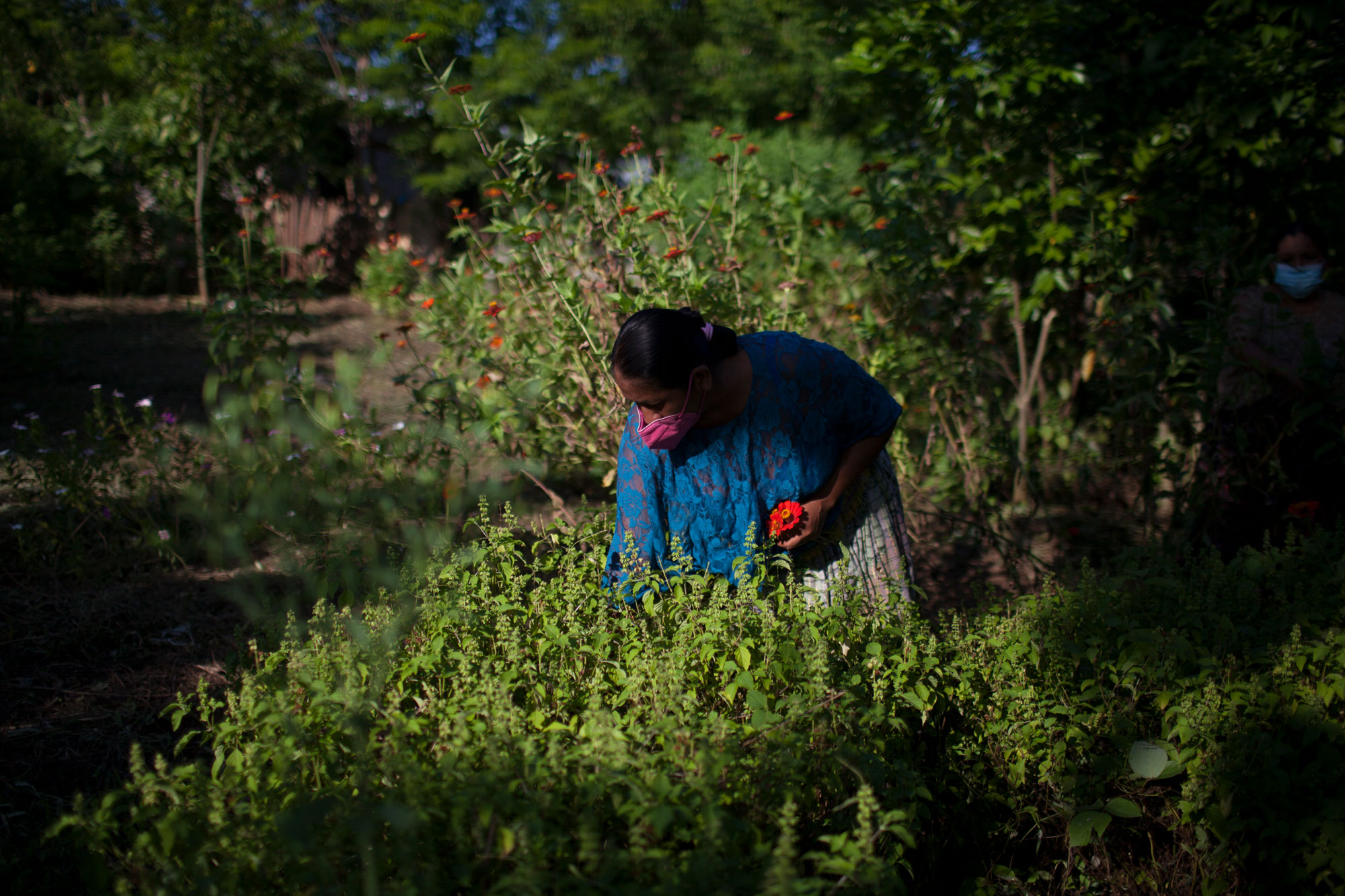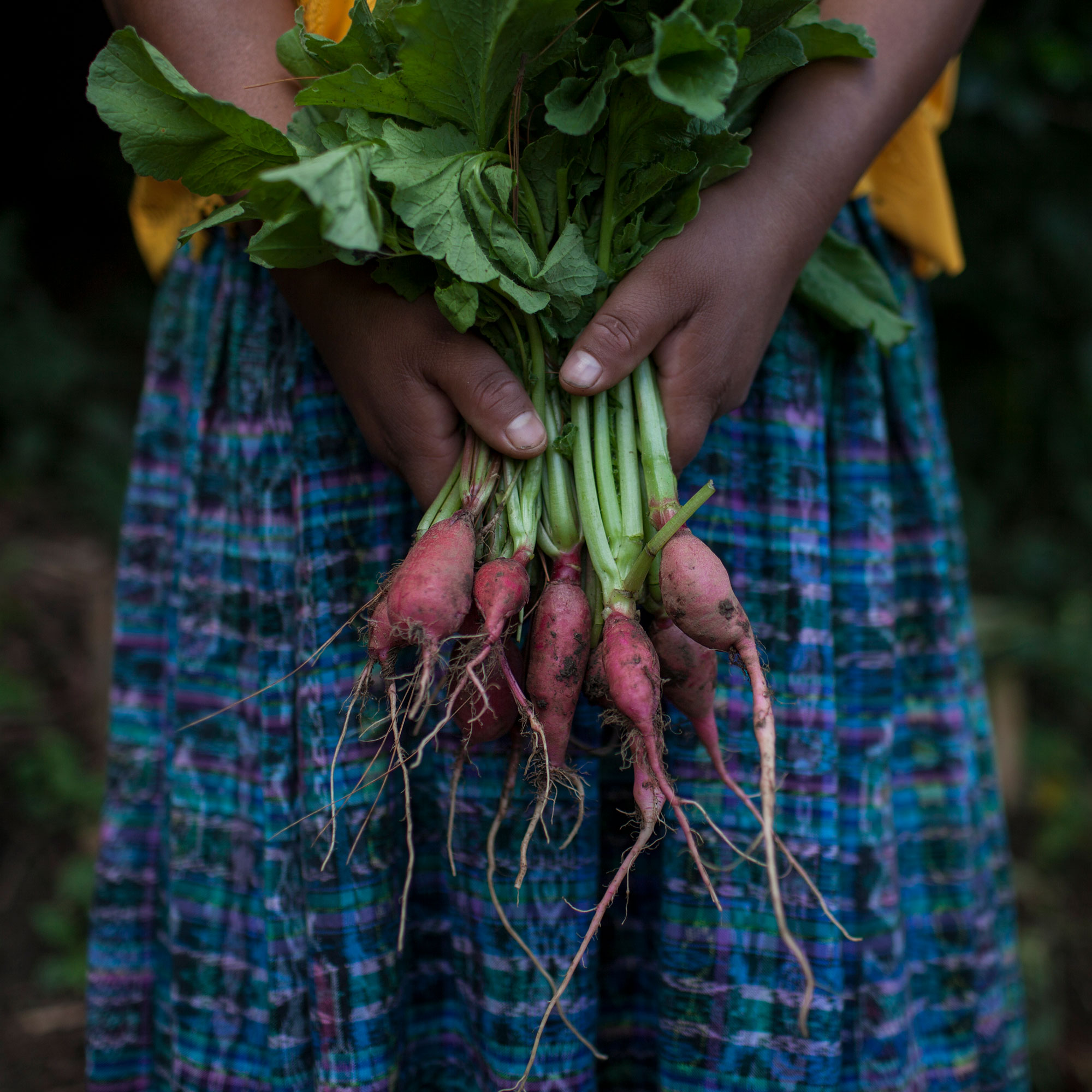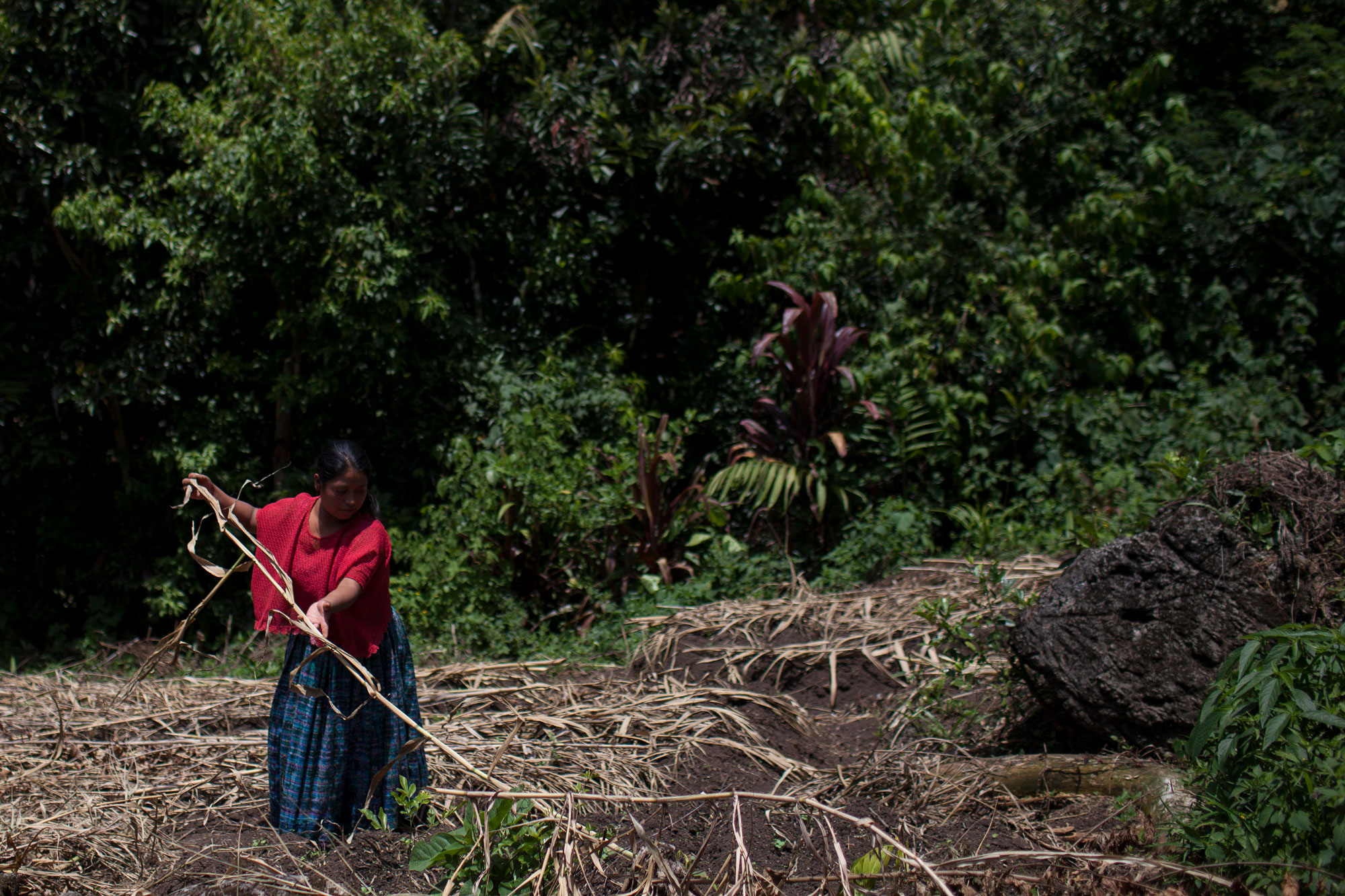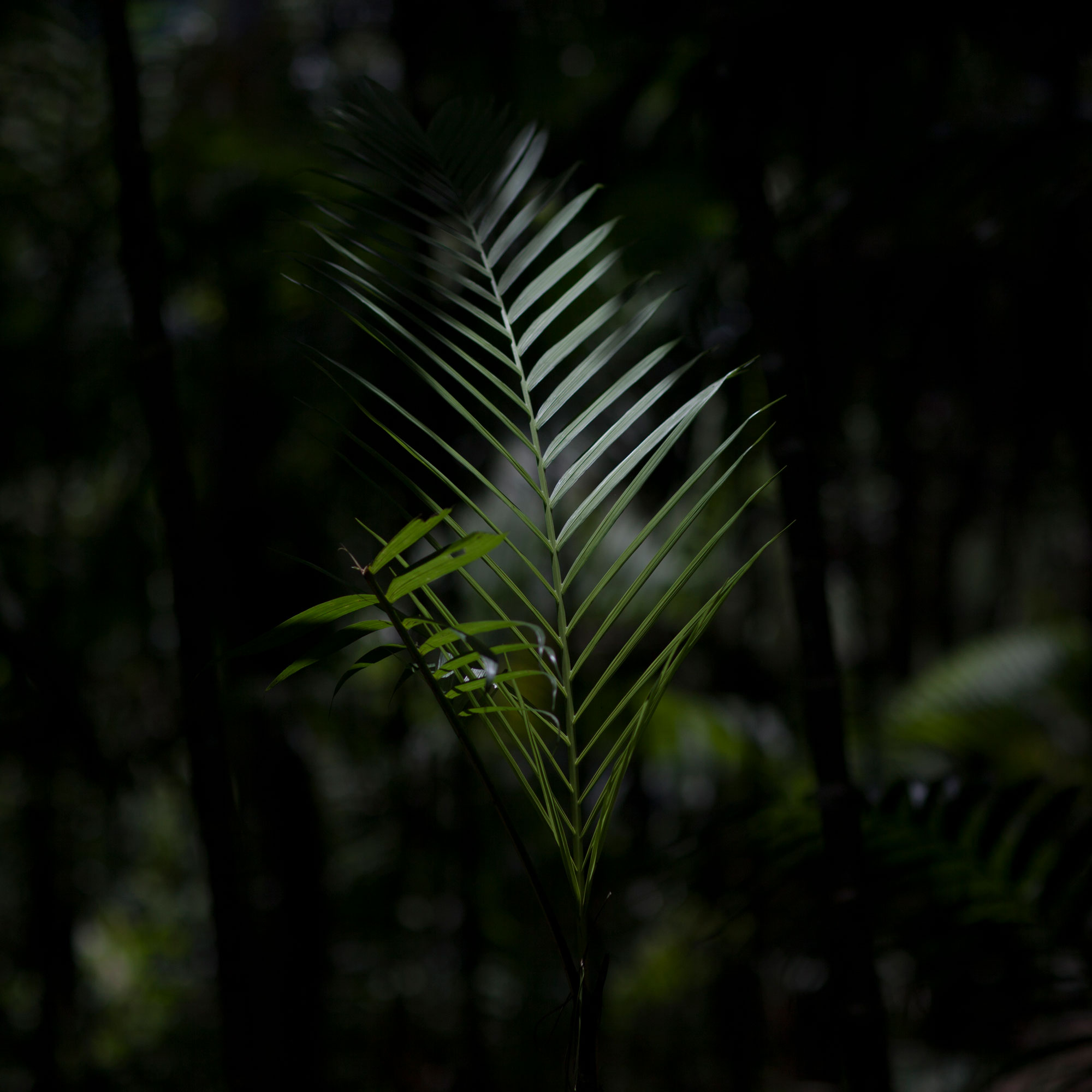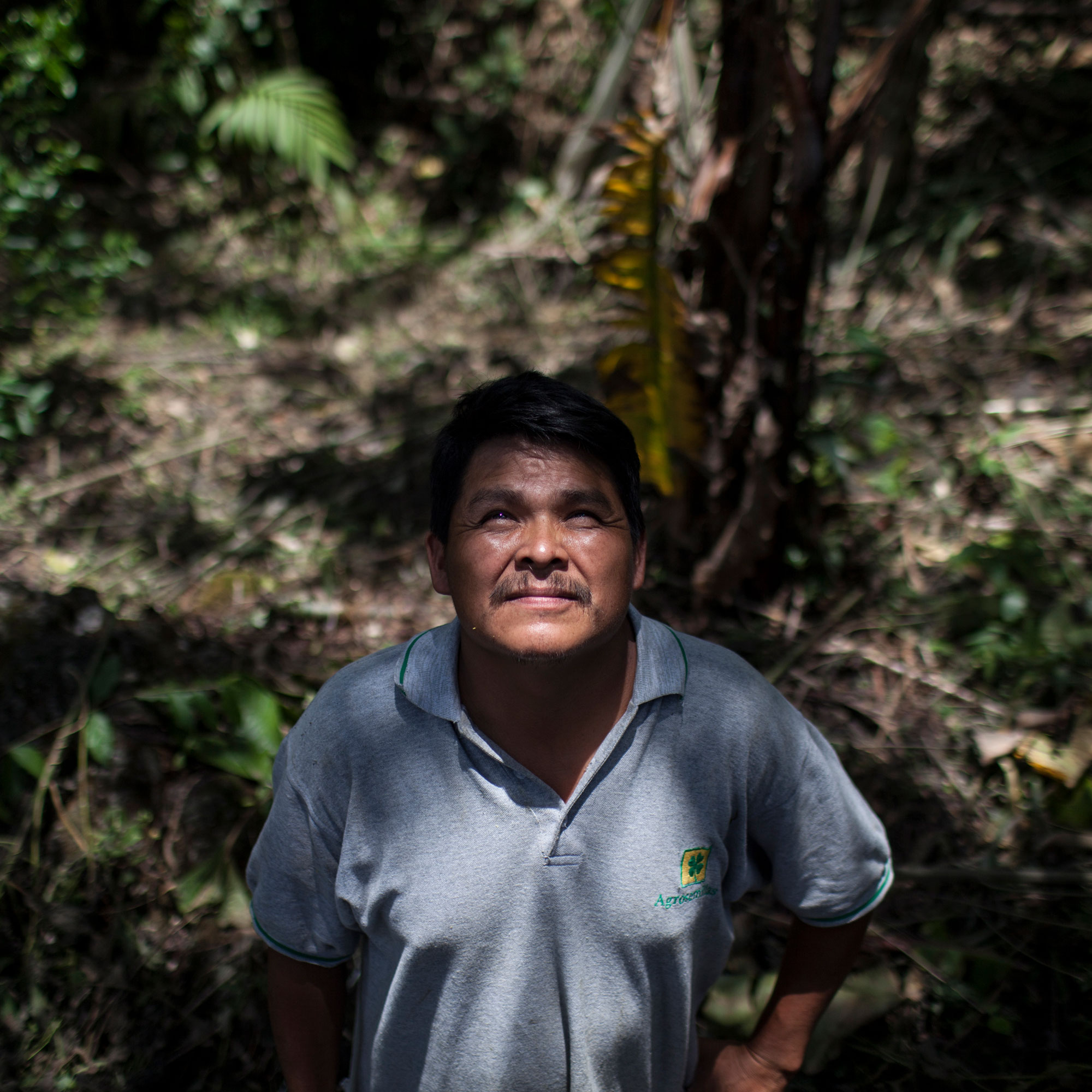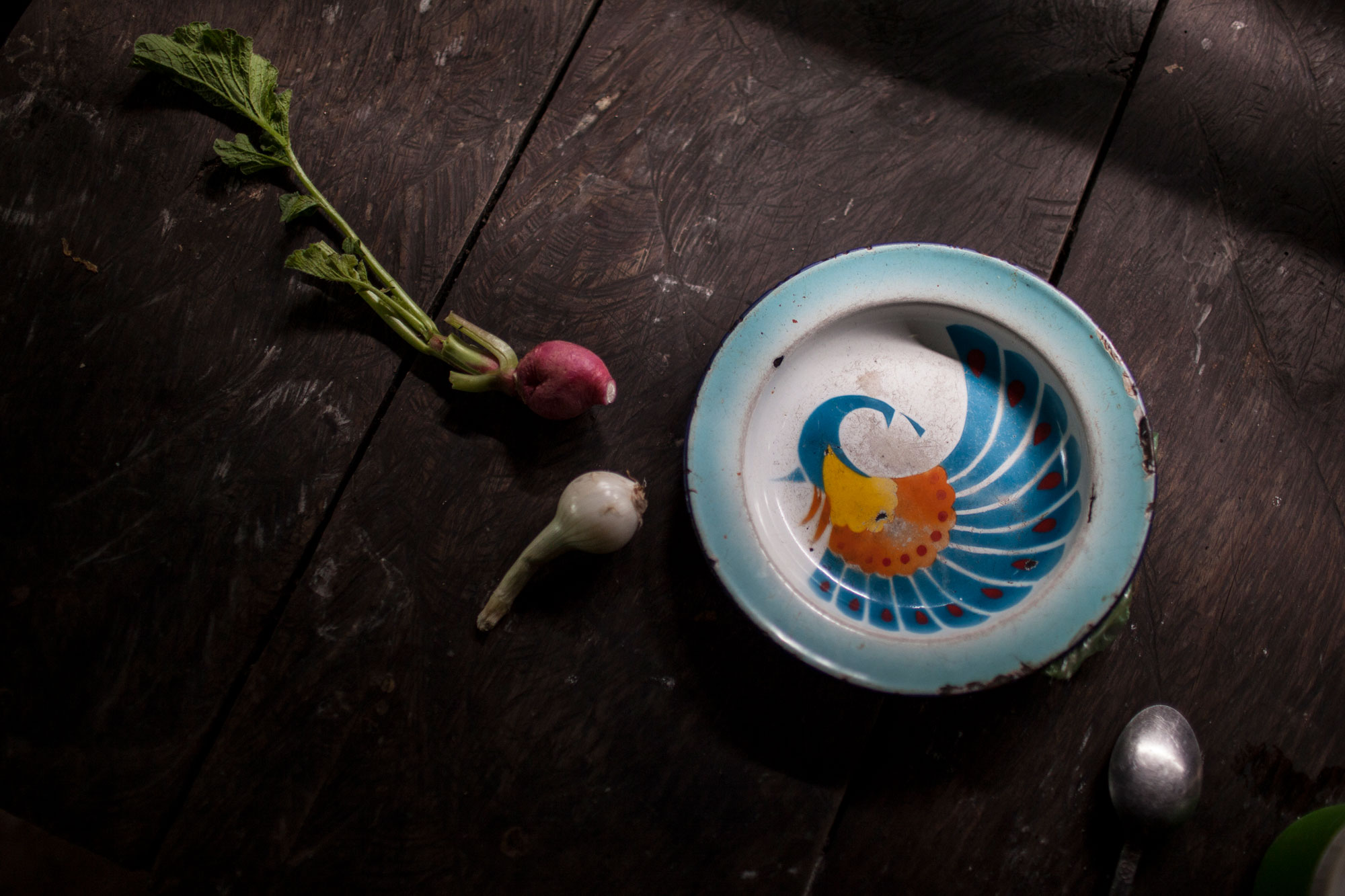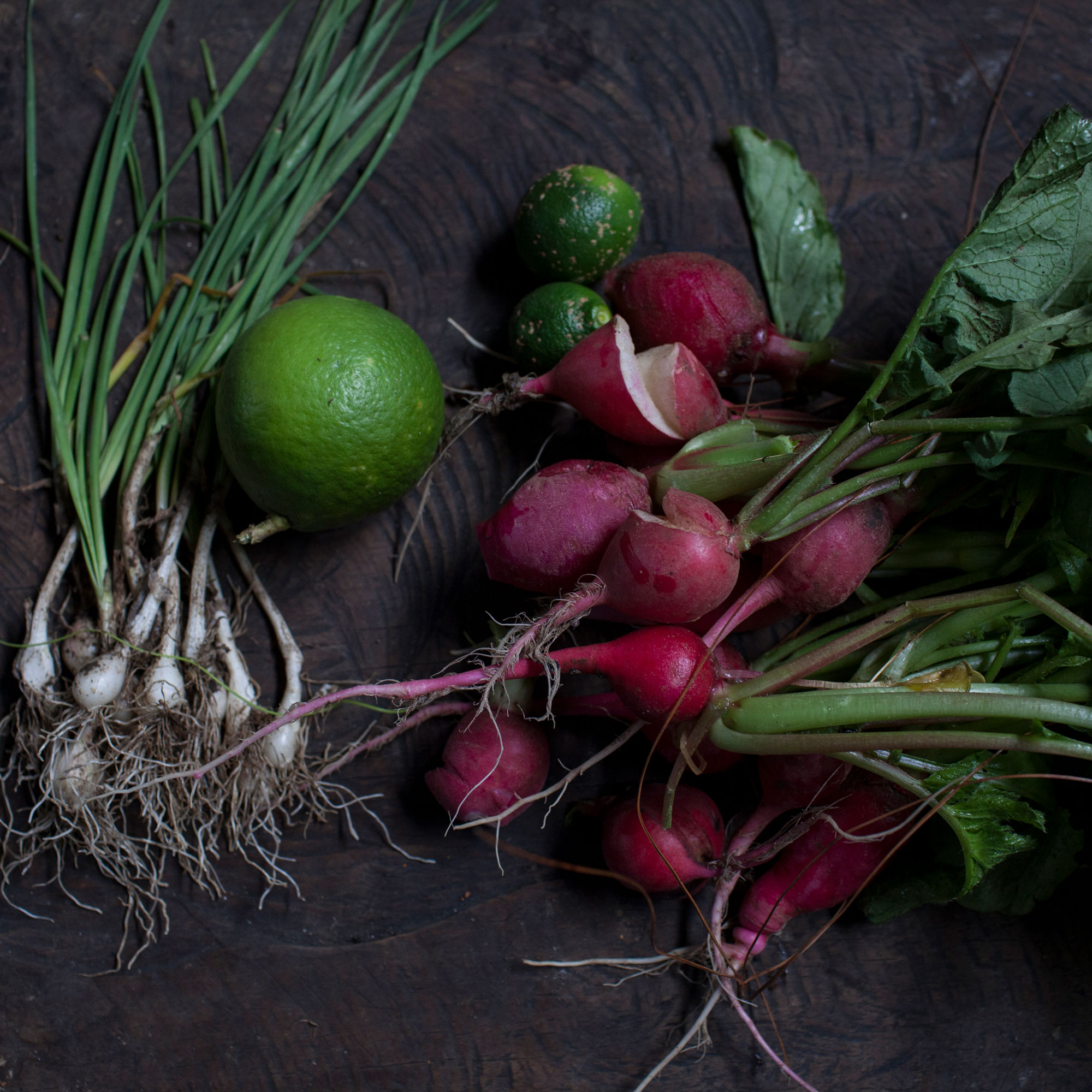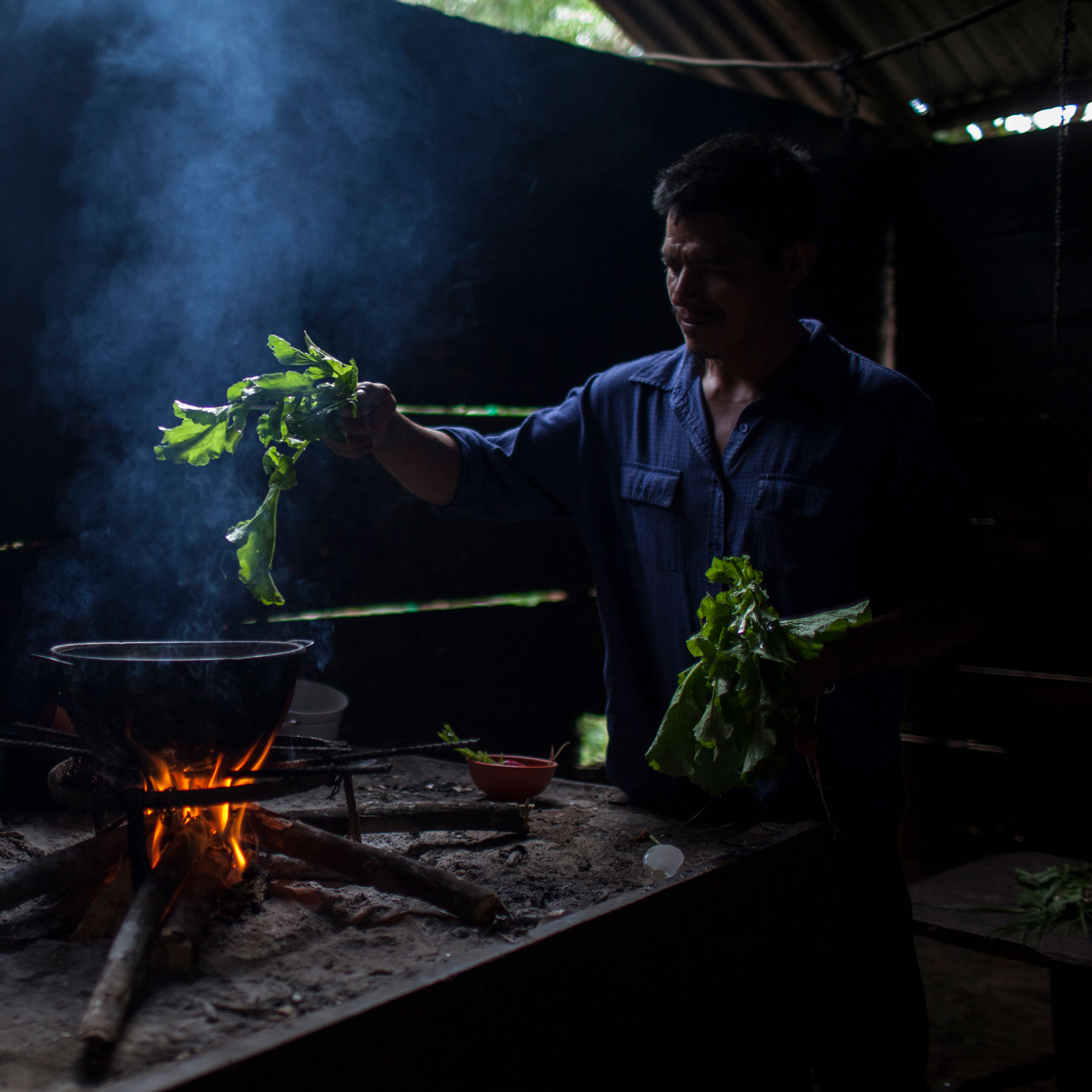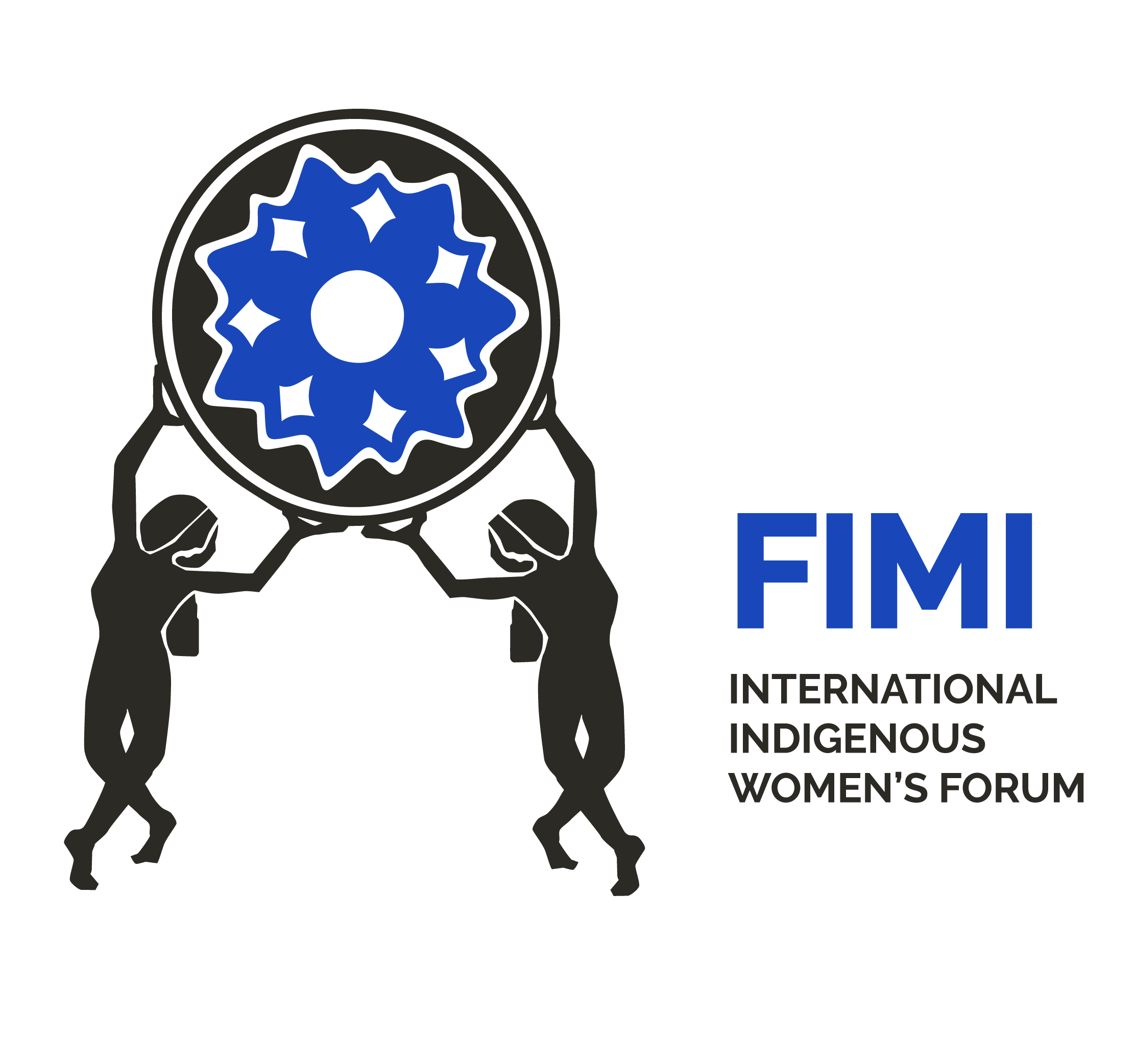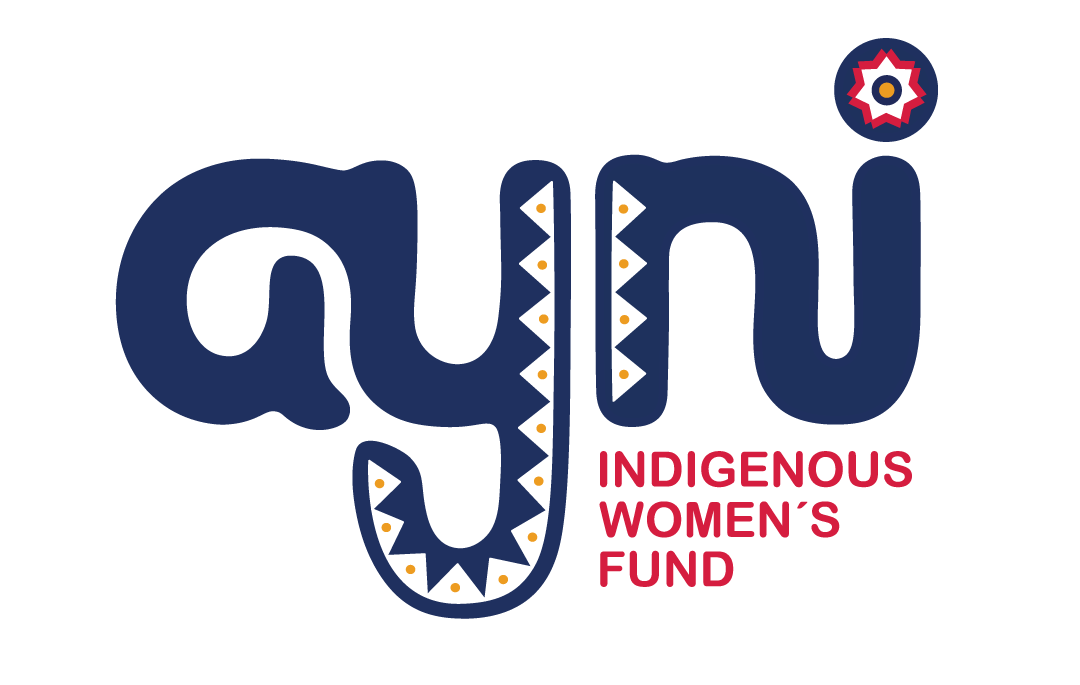Guatemala has one of the most violent recent histories in the world. Thousands of people were persecuted, assassinated and forcefully displaced during the civil war that defined the country from 1960 until the signing of the Accord for a Firm and Lasting Peace in 1996. But the dispossessions and forced displacements did not begin with the war.
The Spanish colony and the post-independence state of Guatemala paved the way for today's diffuse land tenancy problems. No groups have suffered from those predatory policies more than the country’s Indigenous Communities, who have long suffered particularly intense state violence. Many are still fighting for the legal recognition of ownership over the lands they work and inhabit.
